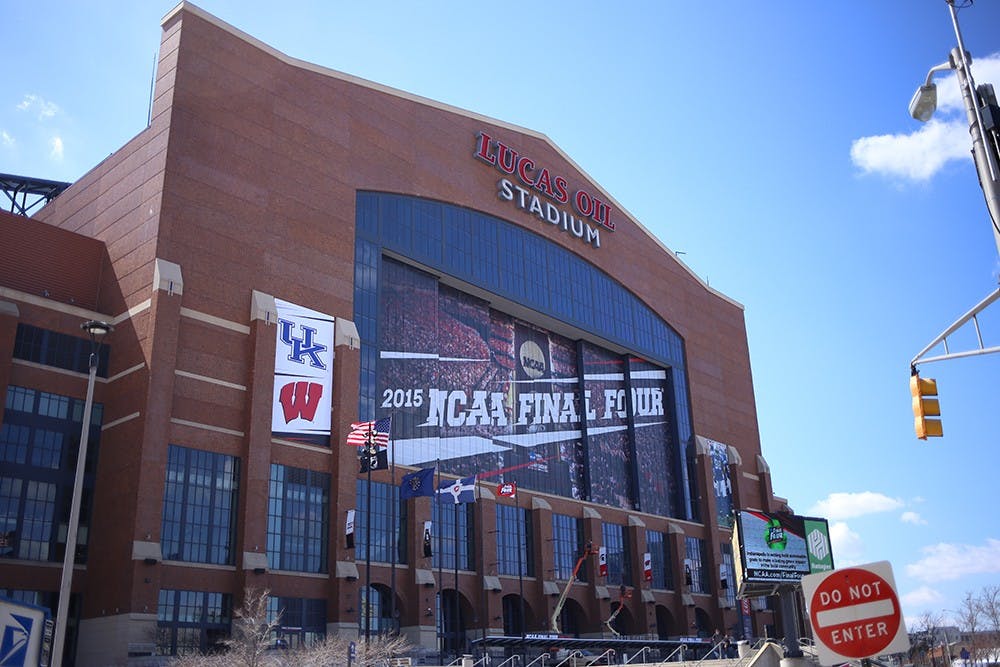With the NCAA Final Four being played in Indianapolis this past weekend, state officials implemented a number of measures last week to curb the growing sex trafficking problem in Indiana.
On Thursday, Indiana Attorney General Greg Zoeller announced the launch of the “Indiana’s Not Buying It” campaign, which aims to spread awareness and information about sex and human trafficking.
“The violent, exploitive sex trade that victimizes far too many children will not end unless we stand up as a society and refuse to tolerate commercial sex,” Zoeller said in a press release. “This campaign is a message to men who purchase sex that we are no longer buying any excuses.”
According to the campaign, human trafficking occurs when people are recruited into the sex or labor trade through force, fraud or coercion or when a child is used for commercial sex.
Indiana was the third state to implement a “Not Buying It” campaign, after Arizona and Georgia. The campaigns are sponsored by the Georgia-based human trafficking prevention group called StreetGrace.
The campaign featured a series of public service announcements by Indianapolis professional athletes, which were publicized on a series of 35 billboards throughout the state and on various public transit systems. Additionally, fliers detailing resources for victims of human trafficking were distributed at truck stops, rest areas and taxi cab services.
Last year the United States State Department released a report, which detailed the global effects of human trafficking.
According to the report, approximately 27 million people were the victims of human trafficking, which is the fastest-growing and second largest criminal industry, generating more than $150 billion worldwide.
The average age at which children in the U.S. first become victims of sex trafficking is 13, and the average age of death of a person involved in prostitution is 34, most commonly from homicide.
State Sen. James Arnold, D-La Porte, one of the lawmakers who wrote legislation this past year to curb the human trafficking problem, notes the prevalence of prostitution and human trafficking increases when large sporting events are hosted in Indiana.
“We had a real dose of that, we really passed a quick law to address human trafficking for the Super Bowl,” Arnold said. “People would bring in young girls for prostitution purposes.”
Data shows similar trends in other cities as well, such as last year in Louisville, Ky., during the March Madness tournament when advertisements for commercial sex skyrocketed.
Zoeller has been pushing and supporting measures to reduce human trafficking in Indiana, and in this legislative session there were three major pieces of legislation that did just that.
There was Senate Bill 296, which introduced a number of regulations on adult entertainment businesses so underage girls couldn’t dance or be forced to dance; Senate Bill 532, which allows for prosecutors to seek civil forfeiture of the assets of a person accused of human trafficking; and House Bill 1216, which would ensure that children are not held criminally liable under Indiana’s prostitution laws if they are victims of human trafficking.




